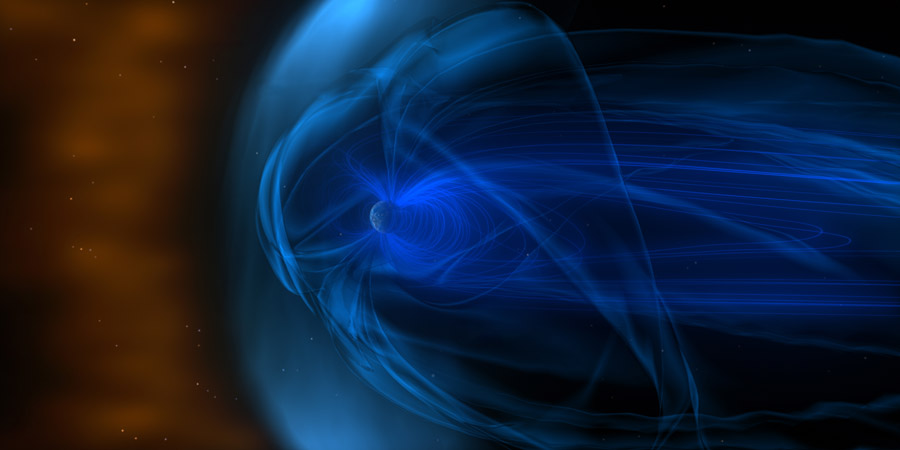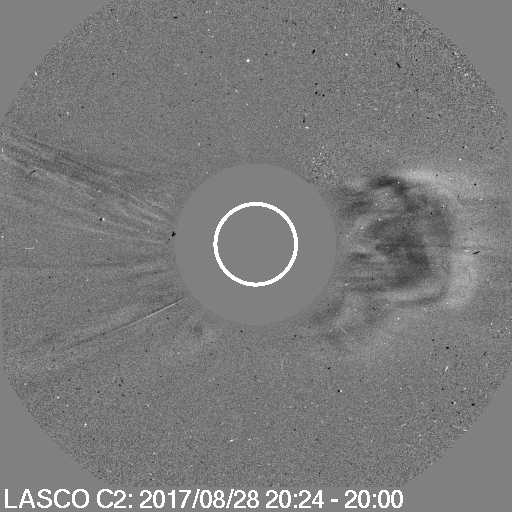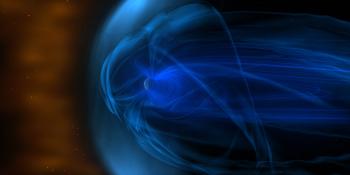CME arrival? G1 geomagnetic storm
Thursday, 31 August 2017 08:56 UTC

Enhanced geomagnetic conditions are underway as a solar wind structure arrived at DSCOVR this night at about 04:43 UTC. The minor G1 geomagnetic threshold was reached today at 08:23 UTC.
This could be the anticipated coronal hole solar wind stream but the impact signature (sudden rise in speed, density, Bt) makes us suspicious that this might actually be the arrival of a coronal mass ejection. This isn’t as crazy of a theory as you might think it as we did spot a small partial halo coronal mass ejection back on the 28th that came from an eruption on western solar hemisphere. It could be arriving as a glancing blow right now with the coronal hole solar wind stream following in right behind it.

⇧ The partial halo coronal mass ejection from 28 August as seen by the SOHO/LASCO C2 coronagraph.
Whatever it is we may be looking at, it is bringing us some interesting solar wind and IMF stats near Earth and if these values hold we should expect more storming during the remainder of this day. Sky watchers in the northern United States, southern New Zealand and Tasmania should be alert of enhanced auroral displays in the coming hours.
Minor G1 geomagnetic storm (Kp5)
— SpaceWeatherLive (@_SpaceWeather_) August 31, 2017
Threshold Reached: 08:23 UTC
Follow live on https://t.co/Zkq26B89Y7 pic.twitter.com/AM0kKaPmfy
Thank you for reading this article! Did you have any trouble with the technical terms used in this article? Our help section is the place to be where you can find in-depth articles, a FAQ and a list with common abbreviations. Still puzzled? Just post on our forum where we will help you the best we can!
Latest news
Latest forum messages
Support SpaceWeatherLive.com!
A lot of people come to SpaceWeatherLive to follow the Sun's activity or if there is aurora to be seen, but with more traffic comes higher server costs. Consider a donation if you enjoy SpaceWeatherLive so we can keep the website online!

Space weather facts
| Last X-flare | 2025/03/28 | X1.1 |
| Last M-flare | 2025/04/22 | M1.3 |
| Last geomagnetic storm | 2025/04/21 | Kp5+ (G1) |
| Spotless days | |
|---|---|
| Last spotless day | 2022/06/08 |
| Monthly mean Sunspot Number | |
|---|---|
| March 2025 | 134.2 -20.4 |
| April 2025 | 122.8 -11.4 |
| Last 30 days | 117.7 -15.6 |


